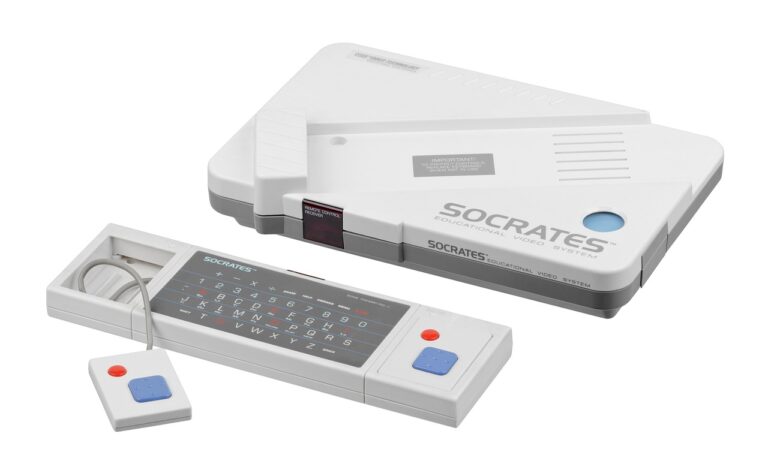The Impact of Music Venue Design on Inclusive Social Spaces and Gatherings: 11xplay, India 24 bet login registration, Skyiplay
11xplay, india 24 bet login registration, skyiplay: Music venues play a significant role in our social lives, providing spaces for people to come together, enjoy music, and connect with others. The design of these venues can have a profound impact on the inclusivity and accessibility of these spaces, shaping the experiences of attendees and the overall atmosphere of the event.
Design Elements That Foster Inclusive Social Spaces
– Accessibility: Music venues should be designed with accessibility in mind to ensure that people of all abilities can participate in events. This includes features such as ramps, elevators, and designated seating areas for individuals with mobility impairments.
– Flexible seating arrangements: Providing a variety of seating options, such as standing room, tables, and booths, can accommodate different preferences and needs of attendees. This allows for a more inclusive experience for everyone, regardless of their preferred way of enjoying the music.
– Adequate lighting: Proper lighting design is crucial for creating a welcoming and safe environment. Lighting should be adjustable to accommodate different moods and preferences, and it should not be too bright or too dim, ensuring that attendees can see and interact with each other comfortably.
– Sound quality: Quality sound design is essential for music venues to ensure that attendees can fully immerse themselves in the music. Sound systems should be well-maintained, and acoustics should be carefully considered to provide an optimal listening experience for everyone.
– Inclusive amenities: Music venues should offer a range of amenities to accommodate the diverse needs of attendees, such as accessible restrooms, water stations, and seating areas. These amenities enhance the overall experience and make the venue more welcoming to a wider range of people.
The Role of Music Venue Design in Fostering Community and Connection
– Community engagement: Music venues can serve as hubs for community engagement, hosting events, and activities that bring people together. The design of these spaces can facilitate social interactions and connections, encouraging attendees to engage with each other and build relationships.
– Cultural diversity: Music venues play a vital role in promoting cultural diversity and celebrating different musical traditions. By designing spaces that showcase a variety of music genres and artists, venues can attract a more diverse audience and create a more inclusive environment for all.
– Social cohesion: Well-designed music venues can promote social cohesion by providing opportunities for people to come together, share experiences, and connect with each other. These spaces foster a sense of belonging and community that is essential for creating a supportive and inclusive social environment.
FAQs
Q: How can music venue design impact the overall experience of attendees?
A: Music venue design can influence the atmosphere, accessibility, and inclusivity of the space, shaping the experiences of attendees and the overall success of the event.
Q: What are some common design elements that enhance the inclusivity of music venues?
A: Features such as accessibility accommodations, flexible seating arrangements, adequate lighting, quality sound systems, and inclusive amenities can all contribute to creating a more welcoming and inclusive space for attendees.
Q: How can music venues foster community and connection through their design?
A: By hosting events, promoting cultural diversity, and facilitating social interactions, music venues can create opportunities for people to come together, engage with each other, and build relationships, fostering a sense of community and connection among attendees.







